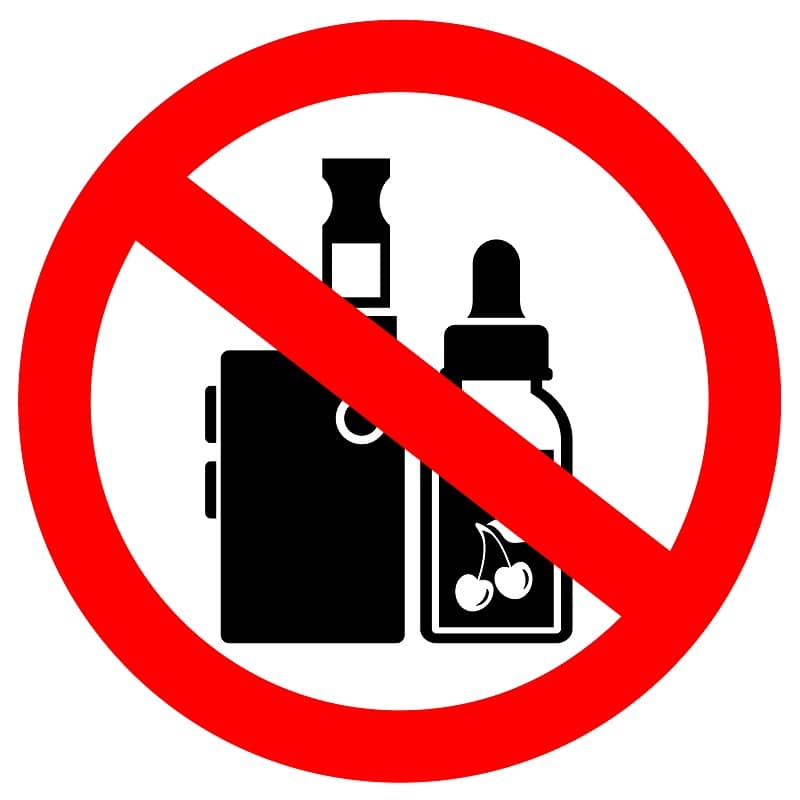
- Tobacco taxes present a moral hazard. By using this as a finance measure, legislators are clearly stating that they want Oregonians to buy as many cigarettes as possible.
- Smokers are disproportionately poor and less-educated, compared with the general population. They are the least able to defend themselves from the predations of a punitive majority.
- A drastic rise in the excise tax will encourage Prohibition-style tax evasion, smuggling, and violence.
- The only policy rationale for a tobacco tax is to reimburse the state or private parties for uncompensated health care costs associated with smoking. A mere 25 cent per/pack tax would do that.
- If subsidizing health care is worth doing, it’s worth doing through a progressive income tax. Alternatively, MSA funds should be re-directed.
| Oregon’s MSA Tobacco Payment Allocations Fiscal Years 2002-2005 |
||||
| Program areas | FY 2002 | FY 2003 | FY 2004 | FY 2005 |
| Debt Service on Securitized funds | $0 | $0 | $7,603,713 | $43,860,304 |
| Education and Oregon Health Plan | $133,449,338 | $95,530,949 | $14,608,216 | $27,600,000 |
| Capital Projects At OHSU | $0 | $2,500,000 | $109,565,000 | $0 |
| Gen. Fund/Unallocated | $99,219,713 | $0 | $49,853,376 | $51,248,402 |
| Tobacco control | $0 | $0 | $0 | $700,000 |
| Total | $232,669,051 | $98,030,949 | $181,630,376 | $123,408,706 |
In contrast, Pennsylvania received roughly $366 million in 2006 in MSA funds, and all of it was spent on health research, uncompensated care, medical assistance for workers with disabilities, and tobacco control programs.











